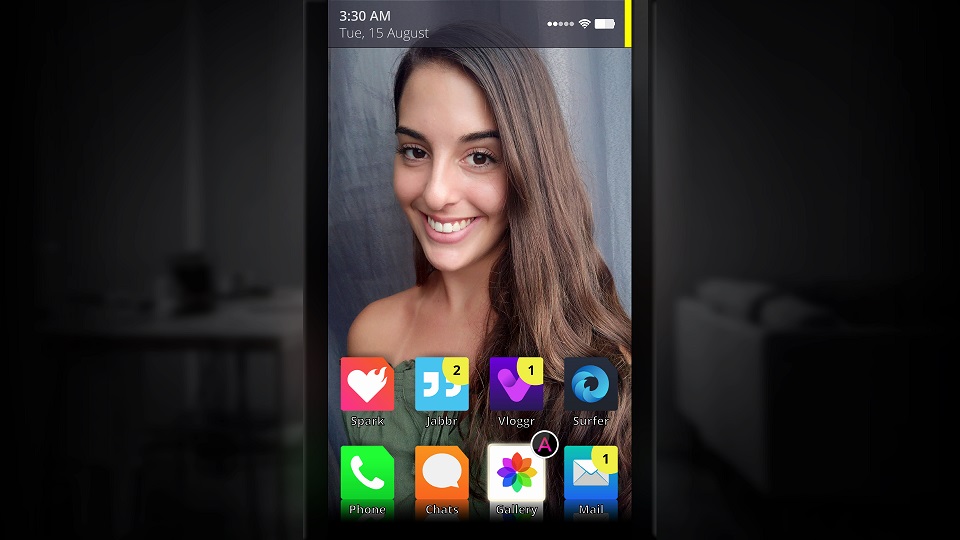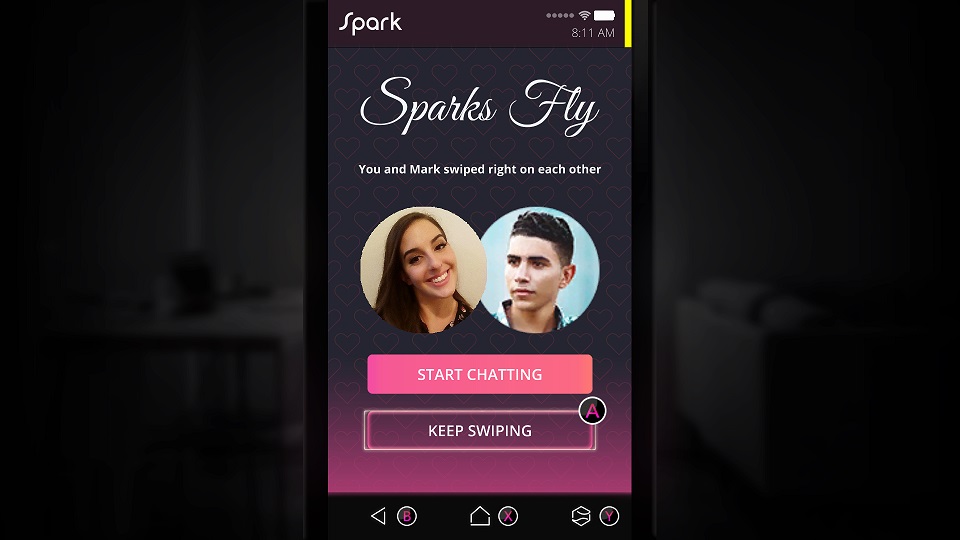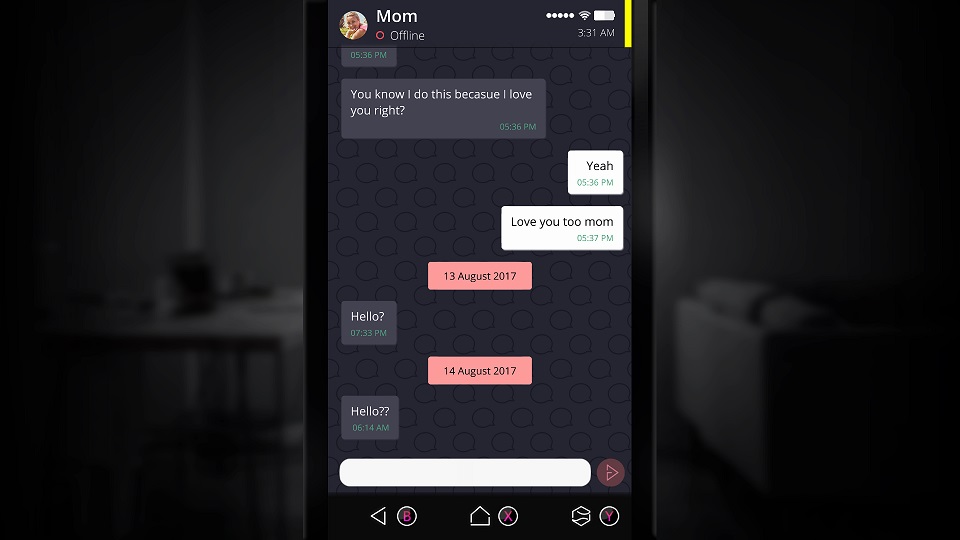You find a phone and are able to access the contents. Anna, the phone’s owner, is found to be missing. Instead of calling the police you decide to become a detective, interacting with her world. In Simulacra, you can pretend to be her or you can tell the truth, but a girl’s life is in danger and you’re limited on time. Most people live on their phones, using it to socialize and share. Their whole life revolves around social media and the people they communicate with. Anna has a few videos that are troubling and it’s up to you to figure out what happened to her. Scour her every word in a dating app, blog, message board, and through text messaging. You can browse her recent sites and look through her gallery for clues. Probably not something you should be doing, but clearly she’s in danger, so the breach of privacy can be warranted. Is there a stalker or an evil force at work here?
Here’s what I liked:
Whodunnit — A true mystery, unraveled through socializing online and multimedia. You get to walk in someone else’s shoes, getting to know them through their own content. You can lie, tell the truth, and use technology to manipulate. There are many suspects involved. Each seems to have a motive, be it a stranger or an ex-boyfriend. Or maybe it isn’t anyone? Can you even be sure that Anna is still alive? It’s exhilarating, soaking in all information in an attempt to figure out what happened. There are no professionals working in this case, so it’s up to the main character to find the answers. That would be you, the one in control of the phone.

The Choice Is Yours — So you have someone’s phone and they may be in serious danger. With their device in your hands, how will you get to the bottom of it? You can pretend you’re Anna on the online dating app. You can get yourself a promotion or get a co-worker fired. There are so many paths for you to make a decision. You also have many dialogue options. You can respond while being serious, witty, or even rude. It’s just the right amount of humor for such a tense situation. You can run through the game being a jerk to everyone if you want. The dating app is the best utilization of choice. You can swipe left or right to match with people. Later on, you’re even able to edit your profile. You can switch your name, interests, and even write your own bio or pick your picture from the gallery. I also just love social media. You can go comment on people’s pages. Literally, you can say whatever you want. I went on a spree of making fun of what people said. It’s saved on the page too, you can go look at it again. Even though it didn’t do anything to progress the story, it was just fun because I got to make it my own.
Personality — All bases seemed to be covered. You have the ex-boyfriend, mother, co-worker, best friend, social media trolls, and even dating app creeps. The dialogue between everyone is well-executed and the character types all seem realistic. Sometimes it feels like you’re on your own smartphone. Also, getting to know Anna without ever talking to her is interesting. Every picture in her gallery seems to portray her how she wants to see herself, specifically taking the photos so that she can share them with everyone else. Pictures of food, pets, friends having fun, and so on. The actors also really bring everything to life with their performances. Be it hostile, worried, or even desperate. The balance of personalities works in perfect harmony, making it believable.

Multiple Endings — After the final moments of the game, you might not be happy with the outcome. You’ll want to find a better way. There’s a new-game-plus option, which allows you to play with faster text speed. There is a complex tree of choices that lead you to various outcomes. Your choices can change the path you’re on. Telling the best friend you’re not really Anna or lying and pretending you are her can have a huge effect. There are many examples. Not every playthrough will be the same because of it, as long as you answer dialogue options differently. This gives you an excuse to play through several times.
Here’s what I didn’t like:
Odd Twist — There’s a really weird plot twist that I won’t really get into for spoiler reasons. I just didn’t like it much. I would much rather the creepiness be something similar to the dark web. Instead, we get more of a paranormal ending. The last conversation on the phone lasts for what seems like forever, even with the fast text speed option on (obtained upon first completion). It also didn’t seem very believable to a degree. Some people will like the last few scenes. I guess I just wanted it to play out differently. That, or I was just loving the game so much that I hated it coming to an end.

Wrap-up
As technology gets faster, communication changes. Talking to someone is a lot more common through text than through voice. More and more people are meeting online. Simulacra puts a horror spin on technology and the fact that you don’t always know who’s on the other end of the words being typed. While it’s labeled a horror game and does have creepy moments, it seems the fun lies in actually playing detective; browsing through a life that isn’t yours, trying to piece together what could have transpired. I’ve never played this genre, which is new to me but has been around for a few years. I am pleasantly surprised and enthralled with it. If you love psychology, technology, horror, and playing detective, then you will be happy to hear that this snooping adventure has it all. I absolutely loved it.
Score: Must Buy
Simulacra was published by Whales Interactive and developed by Kaigan Games on Xbox One. It was released on December 3, 2019, for $11.99. A copy was provided for review purposes.


